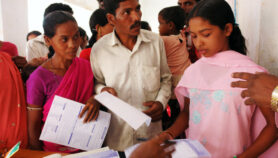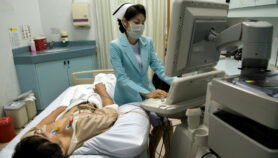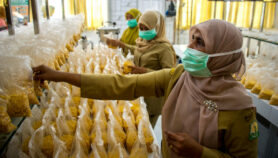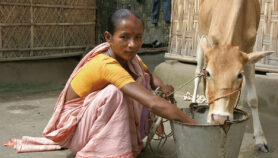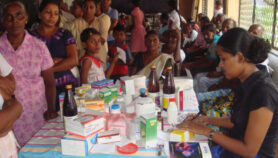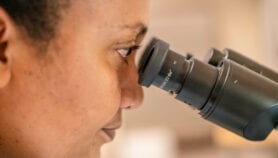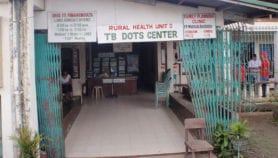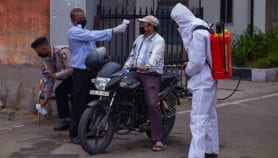By: Eva Aguilar
Send to a friend
The details you provide on this page will not be used to send unsolicited email, and will not be sold to a 3rd party. See privacy policy.
[NEW YORK] The US-based Rice University has announced it is investing US$100 million to create an institute to develop medical technology and educational programmes for poor countries.
The project, named "Rice 360°: Technology Solutions for World Health", was unveiled last month (28 September) during the annual meeting of the Clinton Global Initiative in New York, United States.
"Health problems in the developing world are urgent, widespread, and complicated," says Rebecca Richards-Kortum, who is stepping down as the chair of the Rice Bioengineering Department to lead the Rice 360° initiative.
"Studies estimate that ten million children under the age of five die every year throughout the world and 98 per cent of these deaths are in developing countries," Richards-Kortum told SciDev.Net.
Many of these deaths, she says, occur because of a lack of access to appropriate healthcare technologies, ranging from vaccines to diagnostics.
A lack of educational opportunity also contributes to poor health in the developing world, she adds.
And most diseases that impact the developing world, like HIV/AIDS, tuberculosis, malaria and gastrointestinal diseases, would benefit from the development of new technologies tailored to the special needs of resource-constrained settings, says Richards-Kortum.
These approaches, she added, should include new technologically driven ways to administer medicines and vaccines; to detect, monitor and treat disease; to improve point-of-care detection of water-borne illness; and to maximise the use of limited healthcare resources in developing countries.
Rice 360° has secured a US$2 million fund start-up fund and will continue to look for funding.
The initiative will spend the next decade developing its research and educational programmes.
The initiative builds on an existing Rice University programme, Beyond Traditional Borders, in which students design technologies in response to the problems that doctors face in the developing world.
Undergraduates, for example, have designed a pump — recently tested in Malawi — to avoid human error and accurately dispense liquid medication according to a child’s individual needs.



